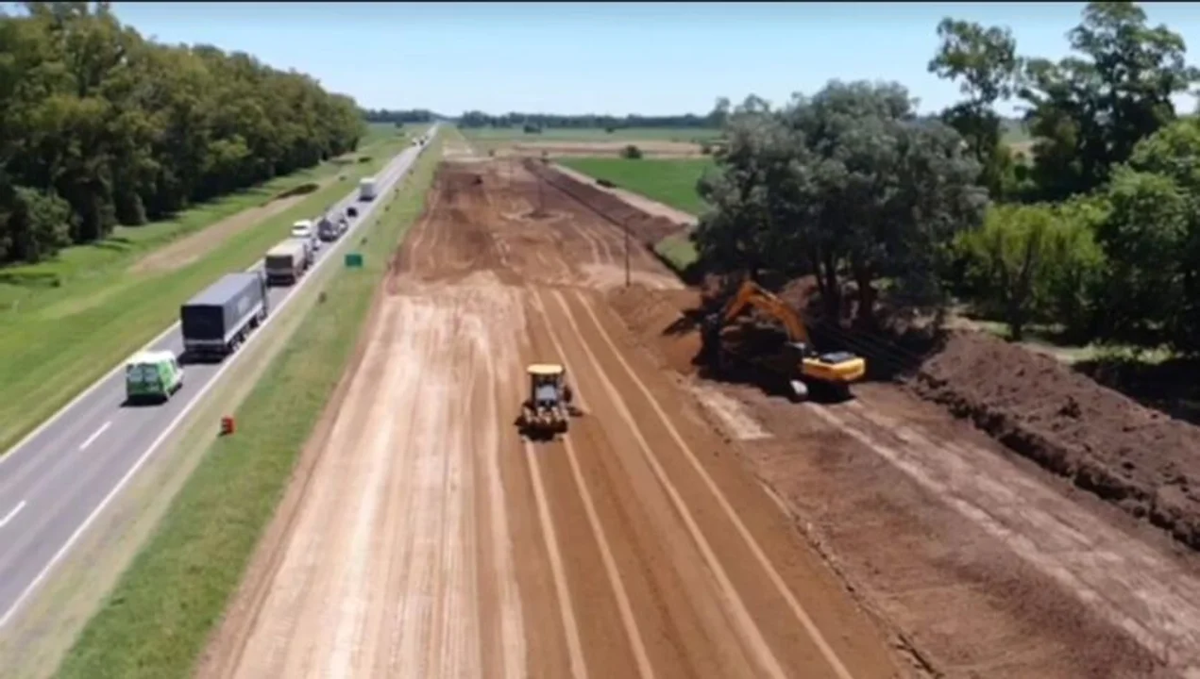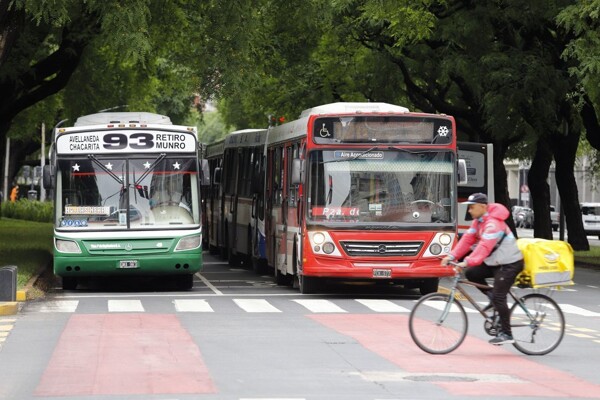
Users and governors have called for the need to ensure the maintenance and immediate improvement of roads, given the deterioration of numerous sections of the national road network. Politically, the initiative reinforces the government's agenda based on reducing state spending and greater private sector participation in strategic areas. Through the concession to the private sector, the government seeks to alleviate the maintenance costs that have so far fallen on the State. However, the challenge lies in guaranteeing the transparency and efficiency of the process. The government is betting on a new infrastructure management model that, if transparency and efficiency conditions are met, could mark the beginning of a new era in the relationship between the State and the private sector. This measure also aims to put an end to the political use of public works and send a signal of predictability to the markets and investors. For agricultural producers, dairy farms, and the tourism sector, the expectation is that the renewal of the corridors will reduce travel times, logistics costs, and improve the competitiveness of domestic and foreign trade. The call for tenders for these corridors is part of a context of reactivation of the road agenda after a period of slowdown in state investment. For the private sector, the measure implies a new phase of opportunities. The announcement was made by the Minister of Economy, Luis Caputo, who reported that the sections will be managed by the private sector under a 'transparent, competitive, and without Treasury subsidies' scheme. The two corridors that make up this call for tenders are the so-called South-Atlantic Corridor, 1,325 kilometers long, which includes National Route 3, Routes 205 and 206, as well as the Ricchieri, Newbery, and Ezeiza-Cañuelas highways; and the Pampa Corridor, 547 kilometers long, along National Route 5, which connects Luján (Buenos Aires) with Santa Rosa (La Pampa). From the Executive branch, it was highlighted that the measure will benefit more than 17 million Argentines living in the provinces of Buenos Aires and La Pampa, favoring agricultural, industrial, and tourism production. The proposed model seeks to use the income from users, such as tolls, to sustain the operability of the infrastructure. The official strategy also aims to improve the country's logistics competitiveness. Buenos Aires, November 3, 2025 – Total News Agency-TNA-The national government, led by President Javier Milei, today advanced with the launch of the second stage of the Federal Concessions Network, which includes the tendering of more than 1,800 kilometers of national roads—fundamentally the 'route of meat, milk, and tourism'—with the objective of modernizing road infrastructure, attracting private investment, and reducing state subsidy. Caputo stated that the objective is to have 'a more modern road infrastructure, encouraging private investment while at the same time taking care of the resources of Argentines.' The timing of the measure is significant: it occurs just a few days after Milei's meeting with the governors at the Casa Rosada, where public works emerged as one of the main demands. The transition to a subsidy-free concessions model requires legal certainty, competitive tender documents, and adequate controls. The tender documents provide that interested companies must not only contribute capital for construction and operation but also assume the maintenance of the road network without direct financial assistance from the State. Route 5, meanwhile, is key for the exit of production from the Humid Pampa and its connection with the western part of the country. The rehabilitation of the 'route of meat and milk' also represents a boost to transportation and connectivity in one of the most productive areas of the country. In definitive, the tender for 1,800 kilometers of national roads is a concrete step towards the modernization of the Argentine road network. The South-Atlantic route connects the livestock production of southern Buenos Aires and the tourist exit towards the Atlantic Coast and Patagonia.














